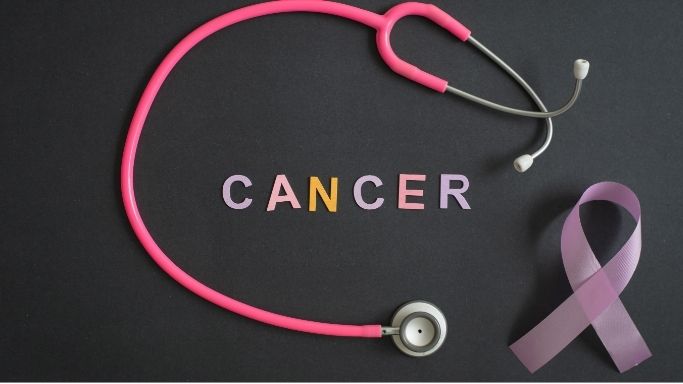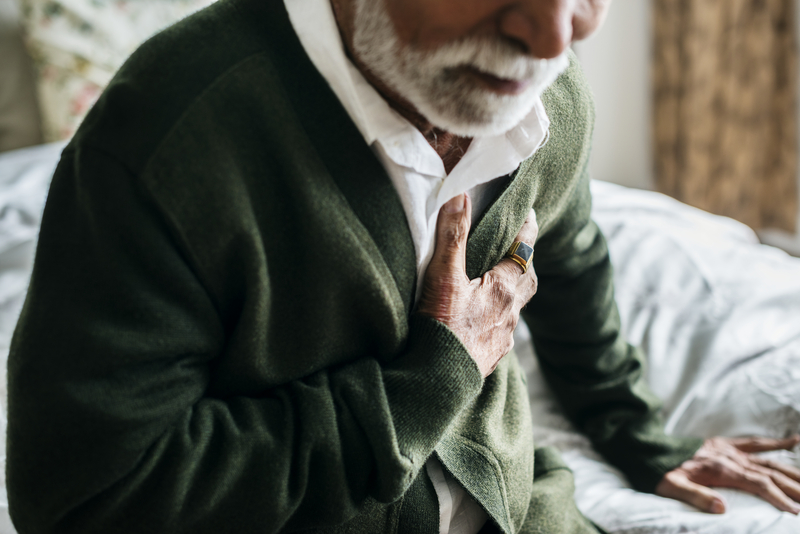Lung
Structural Racism and Lung Cancer Risk: A Scoping Review
Importance:
Structural racism is associated with persistent inequities in health and health outcomes in the US for racial and ethnic...
Non-small cell lung cancer chemotherapy treatment outcomes and ethnicity: a twenty-year single-centre patterns of care study
Aim:
To investigate the treatment of patients with advanced-stage non-small cell lung cancer (NSCLC) over a 20-year period in a sing...
Trends in lung cancer diagnosis and care among visible minorities and non-visible minorities in Canada
Background:
Identifying factors that influence the diagnosis and treatment of lung cancer is an important public health initiative. ...
Factors leading to disparity in lung cancer diagnosis among black/African American communities in the USA: a qualitative study
Objective:
This study has two objectives: first, to explore the diagnostic experiences of black/African American (BAA) patients with...
USPSTF, PLCO Lung Cancer Screening Models Similarly Sensitive for Indigenous People
Eligibility for lung cancer screening did not differ significantly among people who self-reported as Indigenous. These findings were published in C...
Lung Cancer Screening Among U.S. Military Veterans by Health Status and Race and Ethnicity, 2017-2020: A Cross-Sectional Population-Based Study
Introduction:
Veterans are at high risk for lung cancer and are an important group for lung cancer screening. Previous research sugg...
Trending Topics
Features
- Drive Toolkit
Download and distribute powerful vaccination QI resources for your community.
- Health Champions
Sign up now to support health equity and sustainable health outcomes in your community.
- Cancer Early Detection
MCED tests use a simple blood draw to screen for many kinds of cancer at once.
- PR
FYHN is a bridge connecting health information providers to BIPOC communities in a trusted environment.
- Medicare
Discover an honest look at our Medicare system.
- Alliance for Representative Clinical Trials
ARC was launched to create a network of community clinicians to diversify and bring clinical trials to communities of color and other communities that have been underrepresented.
- Reducing Patient Risk
The single most important purpose of our healthcare system is to reduce patient risk for an acute event.



















